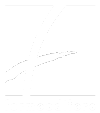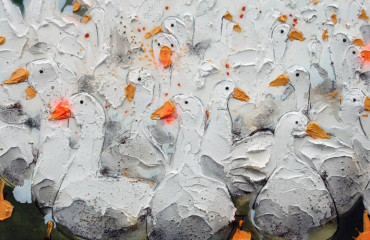
Sabrina Mezzaqui’s works are often full of presences. The visible ones – such as writers and poets – and invisible – people who contribute materially to the realization of the works. She is an artist who always choose lightweight materials, especially the pages of the most beloved books which, through her interpretation and her sensitivity, become thin strips of paper cut out and recomposed, assembled into strings of beads or folded into origami, or copied faithfully, letter by letter, or hand embroidered, turning them into precious paintings.
And “lightness” is undoubtedly the key word of her poetry, as for her nature. For this reason, since the beginning, she has approached to “Arte Povera” (Poor Art), recognizing among her models Alighiero Boetti, while one of the texts that more hit her, which is more akin, is one of Italo Calvino’s Six Memosdedicated precisely to the lightness, which sometimes she reads to “find herself.”
At the center of many of her reflections is the very book that becomes an instrument, because it is the primary material of which the work is the main source of ideas, images and visions. Sabrina Mezzaqui’s works are born by crossing the volume content and often the forms that arise make the meaning of words and stories immediate. For example, the artist has cut out all the lines of the Odyssey and has weaved them in a weft and warp system, creating a long strip that is no longer readable, but points directly and understandably for all to the story of Penelope, to her continuous weaving and undoing. The work was born as well as an image already contained between the lines of the Homeric poem.
The trim, embroidery, sewing absolutely meticulous manual process, resembles very closely to a collective prayer recited by the hands, and the collective is the “production” process that originates from the history of the ancient shops, where artists are surrounded by a group of people who cooperated to the final realization of the work, under the guidance of the master. The current myth of the artist as a lone hero is in fact a very recent concept and culturally matches deeply with us, especially in the West, but Sabrina chose to take the path of tradition that also allows her to solve both a need for practical technology, and an inner necessity to unveil the precious value of the group’s work. The latter, created through “spontaneous self germination”, participates with involvement and passion, as the artist says, in part by resizing individual responsibility. “With more hands, with more heads and more hearts I believe that the work will assume a higher value,” says Mezzaqui, while her delicate works put at the center literature’s physical matter and words are revealed in new creations.
Cover: Sabrina Mezzaqui, Whether you are for me knife, 2014, carved book (David Grossman, Che tu sia per me il coltello, Mondadori), rolled and stuffed scraps, glue, wire, variable dimensions, Rino Canobbi photo, courtesy Gallery Steps, Pisa and Minini Gallery, Brescia.
 English
English  Italiano
Italiano 



